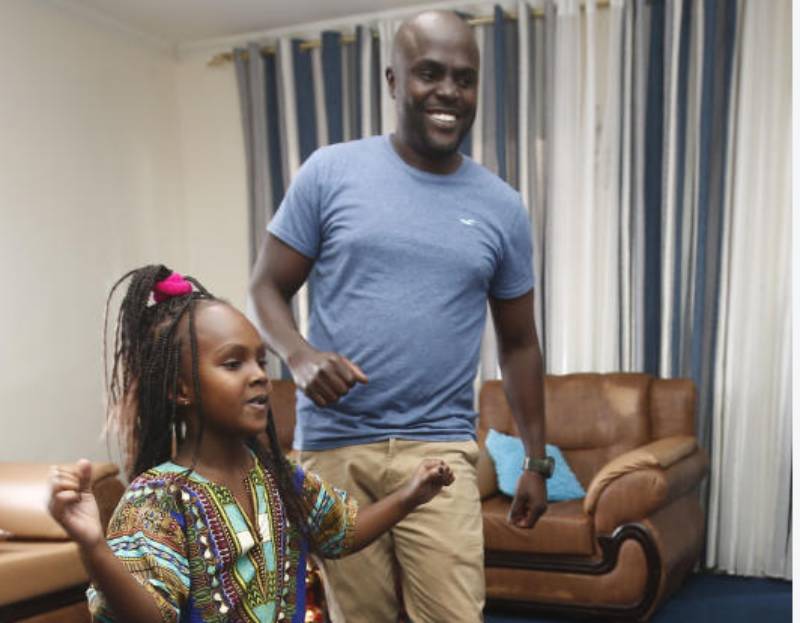×
The Standard e-Paper
Home To Bold Columnists

Cabinet Secretary George Magoha has said national examinations might not be postponed this year, even as glaring inequalities emerged in the education system amid the coronavirus pandemic.
While private and international schools have been swift to embrace technology to teach, learners in public schools are still lagging behind.